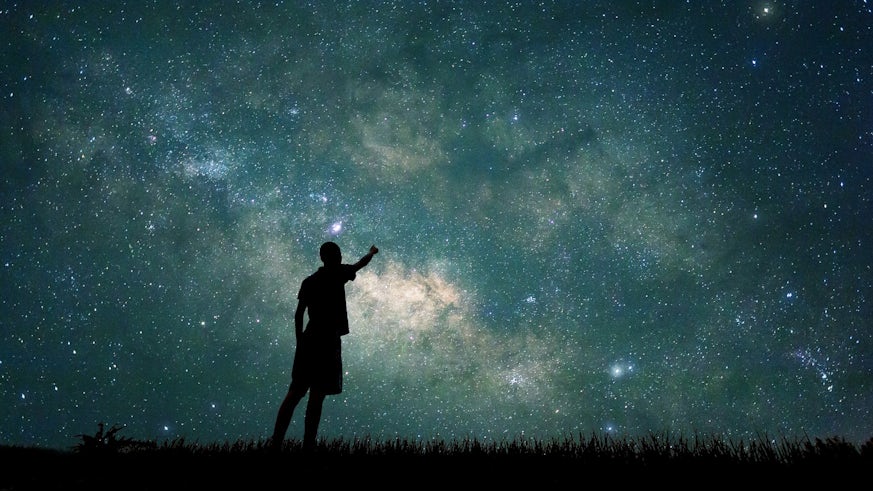Researchers to investigate solitude and the physics of the Universe
4 September 2019

Research investigating the effects of being alone on well-being is one of two Cardiff University projects to benefit from €3.38m funding from the European Research Council (ERC).
Dr Netta Weinstein, from the School of Psychology, will receive €1.48m to investigate how people respond to solitude, at a time when more people are living alone.
In a separate project, Dr Erminia Calabrese, of the School of Physics and Astronomy, will receive €1.9m to consider fundamental questions about the Universe.
They are among hundreds of early career researchers from around the EU to secure a total of €603m for their work under the EU’s Research and Innovation programme, Horizon 2020.
Part of Dr Weinstein’s research seeks to explain why some people find solitude lonely and isolating while others use it positively for creativity and self-reflection.
She said: “More people now live alone than ever before. Around one-third of households within Europe comprise a single person, numbers which are in part increasing as people work more from home, live longer in retirement, and are less likely to live with extended family members or adult children.
“Importantly, even for those living with others, time spent alone is a daily experience and an important opportunity for self-reflection and relaxation.
“Yet to date, little is known about why some people enjoy and even flourish in solitude, while at other times solitude can be a lonely and anxious experience.”
Meanwhile Dr Calabrese will assemble an international team to analyse new data from the Atacama Cosmology Telescope and the Simons Observatory in Chile to increase our understanding of the Universe.
She said: “My ERC team will develop more advanced analysis techniques to extract from these data new information spanning fundamental physics, cosmology and astrophysics.
“The project also includes work with other European countries as well as Japanese, US and Canadian colleagues, to design the next, dedicated cosmic microwave background satellite aimed at mapping the imprint of the birth of the Universe.
“Overall, the aim of this project is to lead the search for new discoveries pushing our understanding beyond standard physics.
“There is the exciting possibility that our understanding of the Universe is incomplete because new physics beyond the standard models of particle physics and cosmology is at play.”
Share this story
We use our knowledge to develop innovative research that will have an impact on the world.

